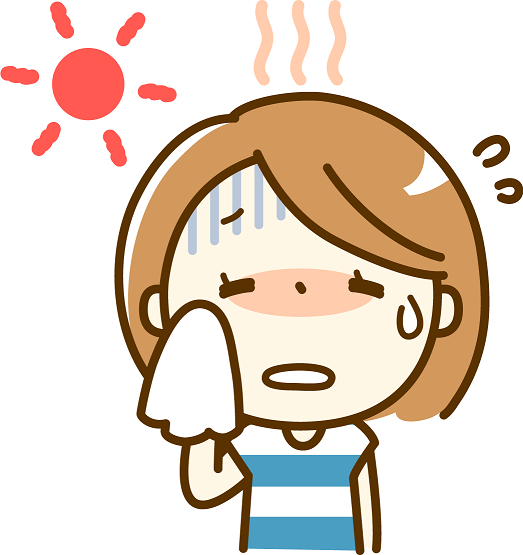To reduce body heat and maintain a comfortable body temperature, you can try the following methods:
- Stay hydrated: Drink plenty of water throughout the day to stay hydrated. Water helps regulate body temperature and promotes sweating, which helps cool the body.
- Wear lightweight and breathable clothing: Opt for loose-fitting, light-colored clothes made of breathable fabrics like cotton or linen. These materials allow air circulation and help sweat evaporate, keeping you cooler.
- Use a fan or air conditioning: Use fans or air conditioning to circulate air and create a cooling effect in your environment. Position fans strategically or adjust the air conditioning settings to maintain a comfortable temperature.
- Take cool showers or baths: Take a refreshing shower or bath using cool, not cold, water. This can help lower your body temperature and provide immediate relief from heat.
- Avoid hot and spicy foods: Hot and spicy foods can increase body heat. Opt for lighter meals that include plenty of fruits, vegetables, and hydrating foods.
- Limit alcohol and caffeine intake: Alcoholic and caffeinated beverages can dehydrate the body and increase body heat. Limit your consumption of these drinks, especially in hot weather.
- Seek shade and cool environments: Stay in shaded areas or cool environments during hot periods, especially during peak daylight hours. If possible, spend time in air-conditioned spaces to reduce exposure to excessive heat.
- Use cold compresses: Apply cold compresses or ice packs to pulse points like the neck, wrists, or forehead to help lower body temperature. You can also wet a towel with cool water and place it on your neck or forehead for a similar cooling effect.
- Avoid strenuous activities during the hottest times: Minimize physical exertion and strenuous activities during the hottest parts of the day. If you need to engage in physical activity, schedule it for cooler times, such as early morning or late evening.
- Practice relaxation techniques: Stress and anxiety can contribute to an increase in body temperature. Engage in relaxation techniques like deep breathing exercises, meditation, or yoga to help reduce stress and promote a sense of calm.
If you experience severe symptoms of overheating, such as dizziness, confusion, or fainting, seek medical assistance immediately. These could be signs of heatstroke or heat exhaustion, which require prompt attention.


